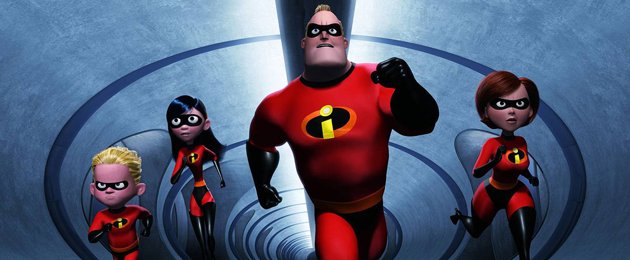My son, Coulter, is nine months old which means that he is discovering all kinds of miraculous little things. Just this week he has discovered that when he slams the cabinet doors against their frames they make a loud noise and that when he pulls mommy’s hair she makes a similarly loud noise. He has discovered clapping, and teeth grinding, and what it’s like to take an accidental gulp of bath water. He has discovered kissing. On the lips. And it’s the cutest thing in the world.
So, naturally I have been thinking a lot about how young children learn. Sometimes they learn by accident, as in the case of the hair pulling and the bath water. But they also learn by watching what’s happening around them, as in the case of the kissing (not something most people would discover accidentally I shouldn’t think).
They learn by imitation, by what Aristotle and the ancient Greeks called “mimesis” (as opposed to “diagesis” for the philosophers among you). Infants learn to walk and to speak by mimicing (see the root word?) their parents. Eventually they’ll learn to drive by copying their instructor, to throw a football by reproducing the actions of their favorite quarterbacks, and to tell stories by following the lead of the story-tellers around them (authors, filmmakers, dad, grandma, whoever).
This is convenient and really pretty miraculous when you think about it. But it’s also challenging and more than a little terrifying to think that my very young son will grow into a certain kind of person in large part because of the kind of model I am and because of the others models I place before him.
I heard someone say recently that as parents it is our job to “incarnate” the virtues we want to cultivate in our children. That is, as parants we must embody that which we want our kids to be. If we want them to be brave we must model bravery. If we want them to be honest we must model honesty. If we want them to be hard working, we too must work hard. And if we want them be stubborn, unfaithful, and vulgar than the surest way is to be that way ourselves.
Thus I can tell Coulter to be brave and honest and hard working and I can preach the merits and values, practical or otherwise, of such virtues but unless I too am brave and honest and hard working my words are nothing more than clanging cymbals, to appropriate St. Paul’s term, crashing into eachother loudly and boldly but without meaning.
If he learns through imitation than I would be foolish to dismiss the possibility that he might also imitate the models he will find in books and movies and TV shows. I refuse to keep these kinds of things from him simply because of some vague notion of “morality” or because they contain supposedly “improper” content for these are abstractions that I find impossible to define. But I also refuse to allow him to be formed by models that incarnate cowardice and infedility and laziness and that disparage, however blatantly, the virtues I wish to cultivate in him.
There is, admittedly, a fine line here, and, as with all fine lines, it’s easy to cross it. In fact, sometimes it’s necessary to cross it in the name of cultivating discernment. But here’s the thing about discernment: the young child is incapable of determing the value or merit of a thing. Discernment will come with experience and training. My son doesn’t think formally nor, so far as I can tell, in abstractions. Not yet anyway, and it is my job to wade with him into the treacherous water of the world when that time comes. But he does think in pictures(and will do so more and more as he grows up) and those pictures will be derived from the images, the models, with which he comes in contact.
I like to think of Coulter’s little soul as a tapestry on which is being continually woven a mural made up of the images he sees, each image playing a part in a larger whole. The more beautful those images, the more beautiful the tapestry will be; the more virtuous those images the more virtuous the tapestry will be. And the more vicious (an interesting word, coming from vice, or the opposite of virtue) the images, the more vicious the tapestry will be.
Thus I pray that those things he sees incarnated are things worth weaving, especially the things he see incarnate in me.
Lord Jesus Christ, Son of God, have mercy on me, a sinner.
- On the Incarnational Nature of Parenting - October 16, 2017
- On Work and Play and Human Flourishing - July 13, 2015
- The Joy of Being Awake - March 4, 2015

David,
Thanks for this reminder. And I resonate with your closing prayer. Given the certainty that we will fail in modeling the virtues we wish our children to achieve, there is great mercy in our opportunity to model these two: humility and repentance.
How else will they see a grace big enough for their biggest, most grown-up failures?
Kids are such imitators — and it’s absolutely terrifying as a parent!